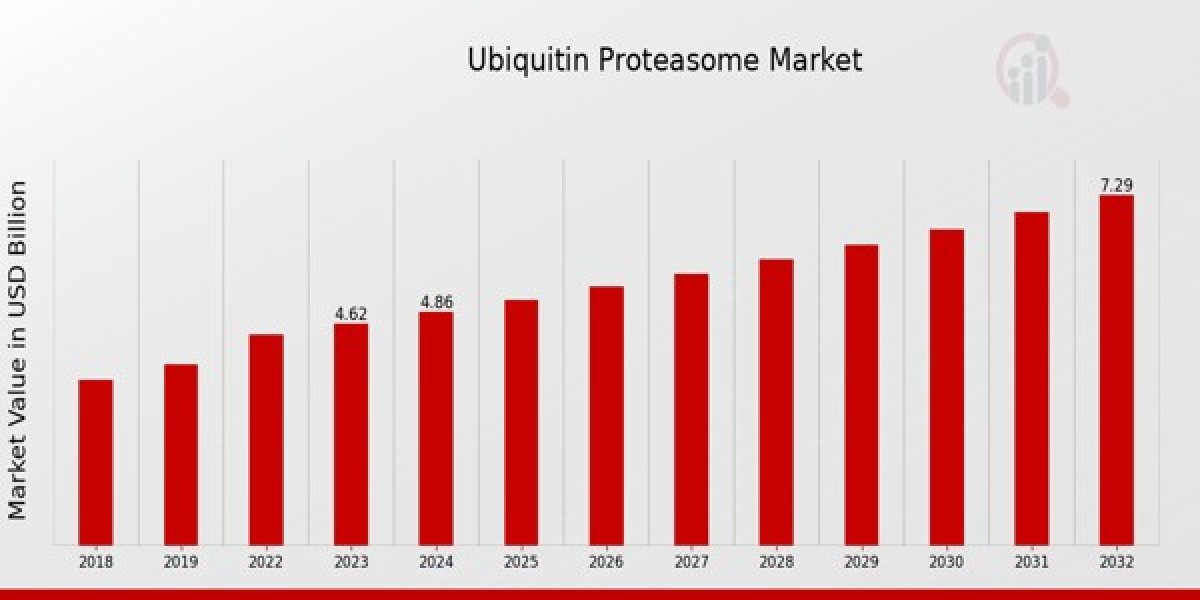Introduction: The Cellular Trash Disposal You Never Knew You Needed
Imagine your city without a waste management system—garbage would pile up, streets would become toxic, and daily life would grind to a halt. Now, imagine something similar happening inside your cells. Without a way to dispose of damaged or unnecessary proteins, cells would become overwhelmed, leading to disease and dysfunction.
Enter the ubiquitin-proteasome system (UPS)—a microscopic yet powerful waste disposal and recycling system that keeps your cells running smoothly. Scientists now believe that harnessing this system could lead to breakthroughs in treating cancer, neurodegenerative diseases, and immune disorders.
What is the Ubiquitin-Proteasome System?
The UPS is your body’s protein quality control system. It ensures that damaged, misfolded, or excess proteins are tagged for destruction and broken down. This process involves:
? Ubiquitin (the tagger) – A small molecule that acts like a "trash tag" marking proteins for removal.
? Proteasome (the shredder) – A protein complex that breaks down tagged proteins into reusable amino acids.
? Enzymes (the regulators) – Help identify which proteins should be destroyed and when.
This dynamic process prevents harmful protein accumulation and ensures that new, healthy proteins can take their place.
Why Is the UPS So Important?
A faulty ubiquitin-proteasome system can lead to severe health problems, including:
? Neurodegenerative Diseases – Alzheimer’s, Parkinson’s, and Huntington’s are linked to toxic protein buildup in brain cells.
? Cancer – Some cancer cells exploit the UPS to avoid destruction, allowing them to grow uncontrollably.
? Autoimmune Disorders – A malfunctioning UPS can cause immune cells to attack healthy tissues.
By understanding how the UPS works, researchers are developing new therapies to enhance or inhibit this system, depending on the disease.
Ubiquitin Proteasome Market Overview
As per MRFR analysis, the Ubiquitin Proteasome Market Size was estimated at 5.11 (USD Billion) in 2024. The Ubiquitin Proteasome Market Industry is expected to grow from 5.38 (USD Billion) in 2025 to 8.51 (USD Billion) till 2034, at a CAGR (growth rate) is expected to be around 5.22% during the forecast period (2025 - 2034).
How Scientists Are Targeting the UPS for New Therapies
? Proteasome Inhibitors for Cancer – Drugs like Bortezomib are designed to block proteasome activity, forcing cancer cells to self-destruct.
? Enhancing UPS in Neurodegenerative Diseases – Researchers are testing compounds that boost UPS function to clear toxic proteins from the brain.
? Regulating UPS in Autoimmune Diseases – New drugs aim to modulate protein breakdown to calm overactive immune responses.
The Future of UPS Research: Can We Hack Our Cellular Garbage Disposal?
Scientists are now exploring:
? CRISPR-Based UPS Engineering – Editing genes to improve protein disposal efficiency in disease-affected cells.
? Artificial Ubiquitin Tags – Developing synthetic tags that can direct toxic proteins for faster removal.
? Personalized UPS Medicine – Custom-tailored treatments that optimize protein breakdown based on a patient’s genetic profile.
Conclusion: A Small System with Big Impacts
The ubiquitin-proteasome system may be invisible, but it plays a crucial role in health and disease. As scientists unlock its secrets, new treatments could emerge to fight some of the world’s deadliest diseases—one protein at a time.
Could the future of medicine lie in mastering our body’s trash disposal system? The answer might be closer than we think.
For more information, please visit @marketresearchfuture






